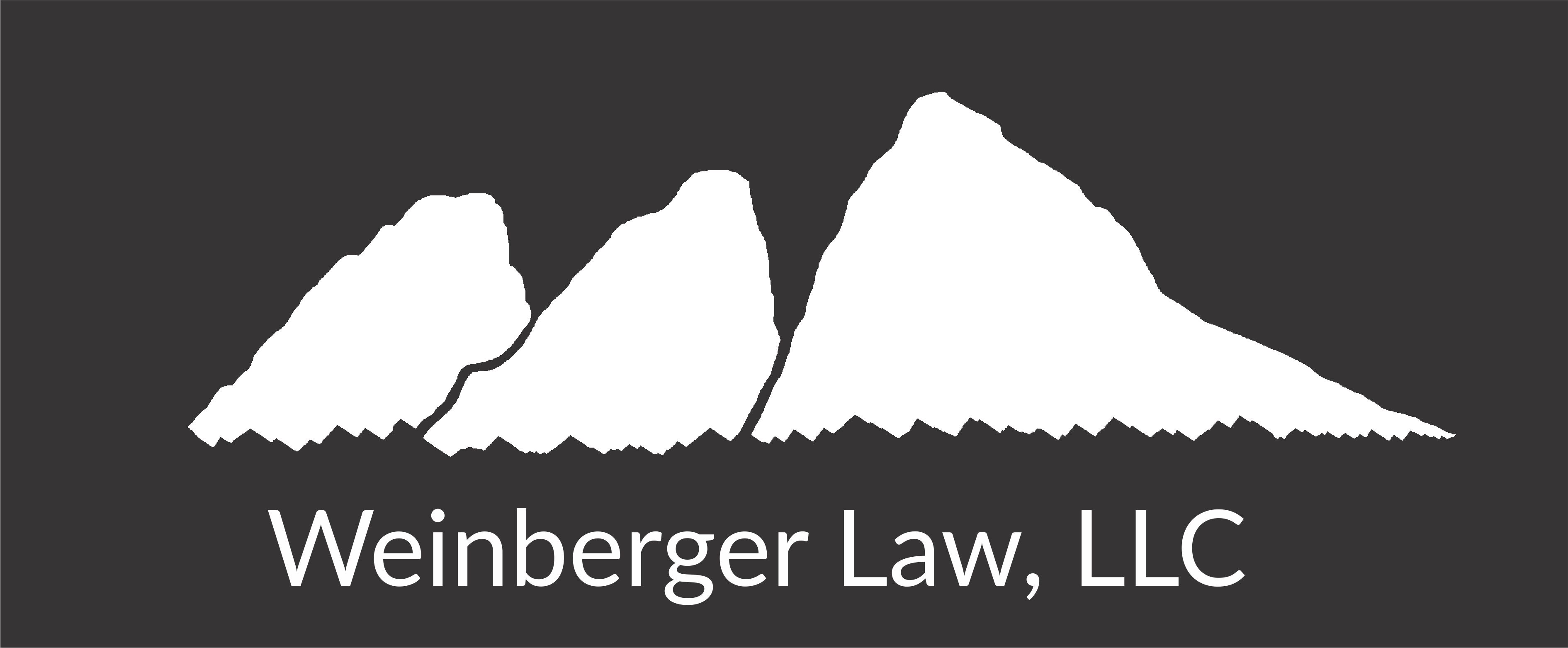Most folks don’t start thinking about estate planning until a certain life event triggers the discussion – a recent death in the family, a newborn child, a marriage or divorce. And while these are all good reasons to consider your legacy, the fact is everyone 18 years or older needs at least some kind of estate planning.
That includes your recent high school graduate. I know, it seems like just last year you were kissing their boo boos and confirming there are no monsters in the closet. Now I’m telling you they need to some estate planning. It’s a bit ridiculous, right? But here’s why.
When your kid turned 18 you lost many a lot of your inherent parental rights. You lost the right, for example, to access their medical information. You lost the right to make medical and financial decisions for them as well. And unless they execute their own estate planning documents, no one picked up those rights.
So what documents does the freshly-minted adult need?
At the very least, everyone 18 years or older should have the following estate planning documents:
- A Financial Power of Attorney (aka: General Durable Power of Attorney), which designates an agent to make financial decisions. (Click here for more information on financial powers of attorney);
- A Healthcare Power of Attorney, which designates an agent to make healthcare decisions;
- A HIPAA Release, which identifies who has permission to access medical information; and
- And Directive to Physician (aka: Advance Directive or “Living Will”), which directs whether life support should be continued and, if so, under what terms.
Most states’ “intestacy laws” – which control who inherits when someone fails to leave a last will and testament – provide that the estate of an individual with no descendants passes to their parents. That default distribution might be appropriate for a young adult and, if so, then a last will and testament may be unnecessary. But if an alternate distribution is desired, or the young adult has started a family or has significant resources, then a last will and testament is also needed.
For more information on Estate Planning, visit our Estate Planning page or schedule an initial consultation with Boulder Attorney Gina Weinberger by using the scheduling links on the right of the page.



